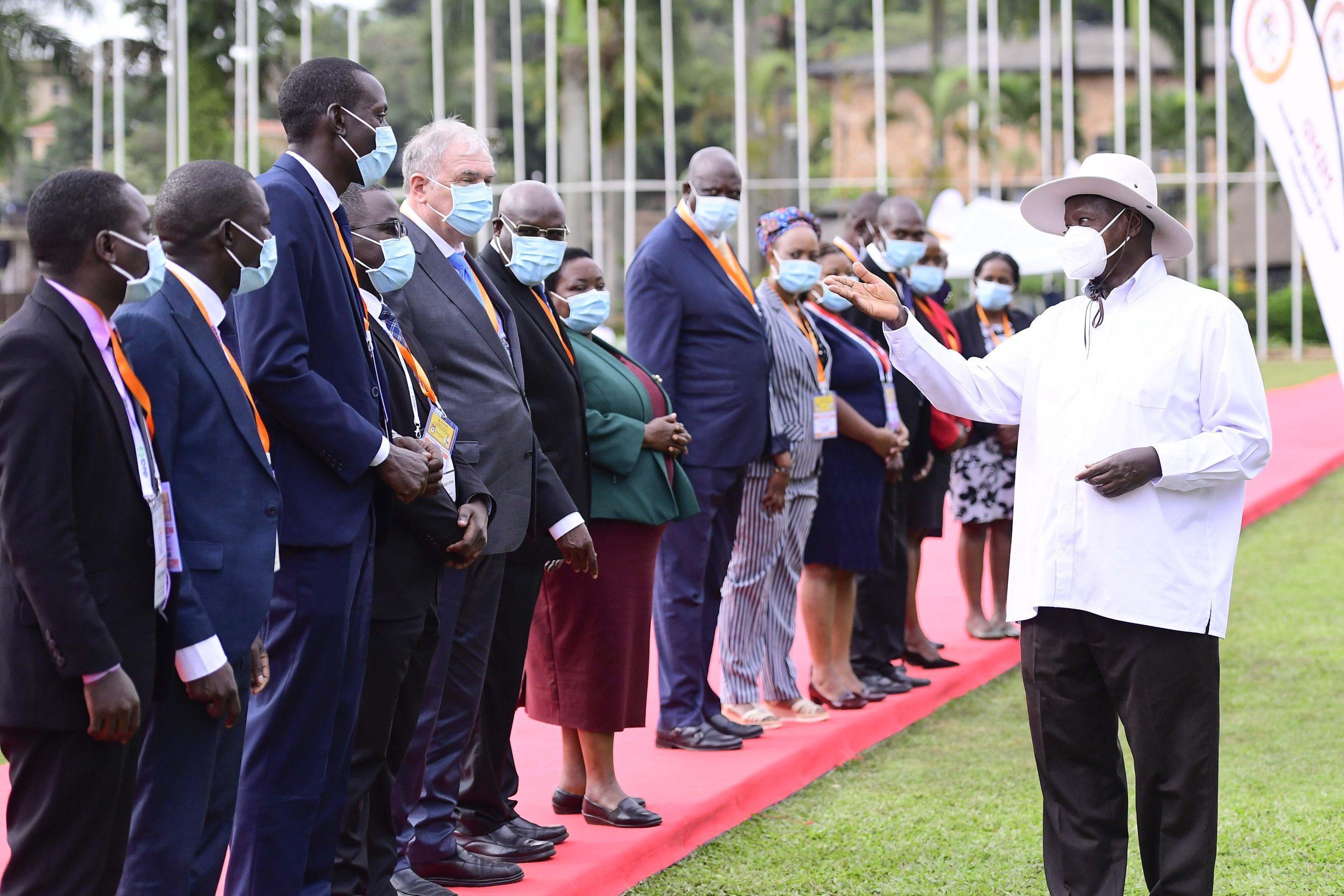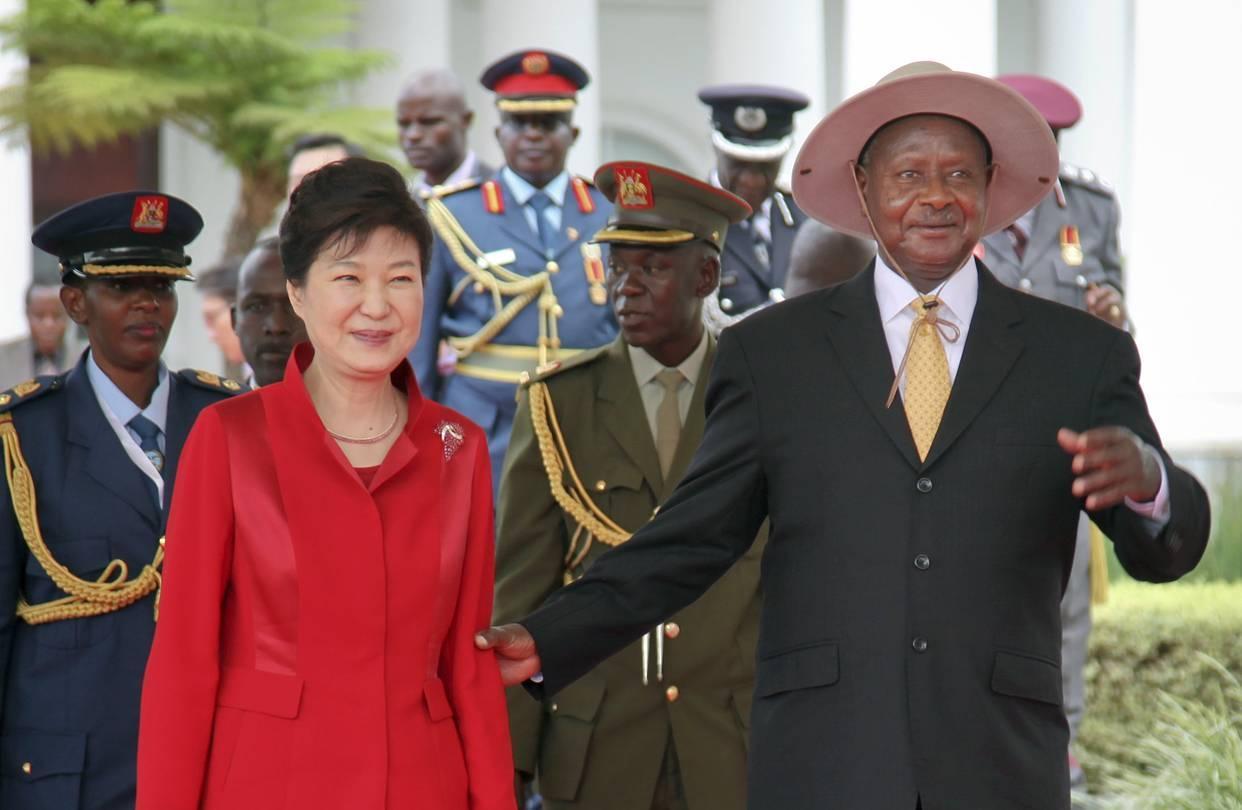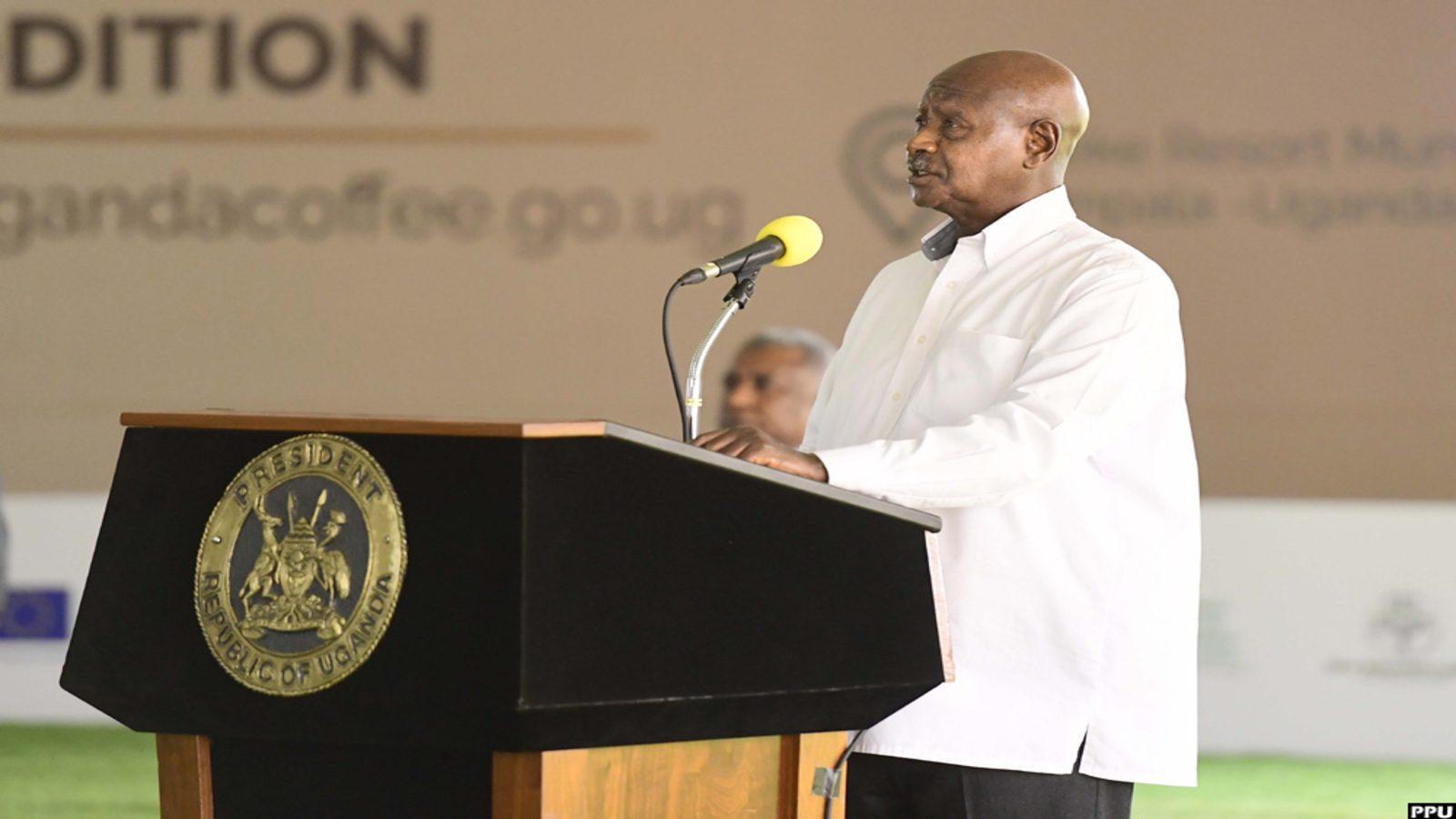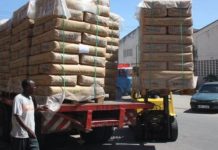Faridah N Kulumba
Africa-Press – Uganda. The government of Uganda held a bilateral meeting with South Korea, to pave ways towards energy diversification and sustainable development. The meeting took place between Uganda’s Vice President Jessica Alupo, and South Korean prime minister, Han Duck-Soo in Seoul ahead of the Korea-Africa Summit. After the discussions, Vice Alupo announced that the two nations-initiated plans to construct a Nuclear Development Plant in eastern Uganda. This new development confirms President Yoweri Kaguta Museveni’s announcement he made at the beginning of this year, that Russia and South Korea were planning to start constructing nuclear power plants in the country. President Museveni went ahead to reached out to the South Korean counterpart Yoon Suk Yeol requesting for officials from his country to visit Uganda for further engagement on this nuclear development initiative.
Objectives
The nuclear plant project is aimed at supplementing Uganda’s electricity supply according to Vice President Alupo. Uganda’s energy sector has predominantly relied on hydropower resources. However, with a national target of generating 54,000 megawatts (MW) of electricity, there is a clear need to explore alternative energy sources. Achieving this target would require developing nuclear energy capabilities, specifically aiming to generate 24,000 MW of nuclear power in a planned and systematic manner.
Uganda’s Nuclear Plant Inspirations

According to the research that was carried out a few years ago by Uganda’s Ministry of Energy and Mineral Development, the country has the potential to start producing nuclear power after large uranium deposits were discovered in its eastern region. Recently, President Museveni Ugandans that the country has abundant hydropower resources distributed in different parts of the country, but there is a need for more partnerships to explore the new technologies in the sector, hence the need to develop nuclear power. In 2023, during the Russia-Africa summit in St Petersburg, Uganda and Russia reportedly signed a deal on a nuclear power plant project.
Uganda and South Korea relations

The diplomatic relations between South Korea and the Republic of Uganda, date back to March 26, 1963. After the two nations agreed to begin bilateral relations, the Embassy of the Republic of Korea was commissioned in that very year but closed its doors in 1994. It reopened in May 2011, and quickly became a fully-fledged embassy on December 30, 2011. This month, Ugandan authorities attended the Korea-Africa Summit in Seoul, intending to forge new partnerships and secure increased economic cooperation. During the Summit Ugandan government announced a plan to open a resident embassy in South Korea. This permanent diplomatic presence signifies a commitment to maximizing the benefits of the existing ten Memoranda of Understanding (MoUs) between the two nations. Furthermore, two new MoUs are expected to be signed during the Summit, focusing on trade and investment promotion, along with loan financing. These agreements will create a more predictable and stable environment for Korean investors venturing into the Ugandan market. South Korea sees Uganda as a strategic partner in Africa. Deputy Foreign Minister Chung Byung-won emphasized Korea’s commitment to knowledge and technology sharing. Programs focusing on capacity building, technology transfer, and skill development will be at the forefront of their collaborative efforts. This expertise exchange aims to bolster Uganda’s industrial growth and equip its workforce with future-proof skills.
Why South Korea is targeting Africa
Between the 4th and 5th of this month, South Korea held its first summit with African leaders in Seoul to raise its profile on the continent and boost economic ties. South Korea is targeting a continent where China, the United States, Russia, the European Union, Britain, and India have already pitched their ideas.
Chung Byung-won, Korea’s Deputy Minister for Political Affairs of the Ministry of Foreign Affairs, explained before the summit that his country was best placed to work with Africa because of a shared history of poverty. South Korea is trying to create a conducive environment for Korean companies to collaborate seamlessly with their African counterparts. This strategic approach is expected to facilitate greater business integration and mutual growth. Additionally, South Korea aims to leverage the African Continental Free Trade Area agreement, addressing trade barriers through technical support. This includes helping rebuild African customs systems by implementing advanced Korean electronic customs clearance systems. On 2nd June this year, Tanzania and Ethiopia confirmed signing accords with South Korea for loans of billions of dollars, part of broader deals that will give the Asian nation access to Africa’s crucial mineral resources and vast export market. The government of Tanzania said it will borrow USD 2.5 billion over the next five years from South Korea through concessional loans. Tanzania also signed two accords on Korean use of its ocean resources and minerals used in clean energy technologies such as nickel, lithium and graphite. The collaboration on the nuclear plant in Uganda is a testament to the broader strategic interests shared by both countries. It signifies a step towards not only meeting Uganda’s growing energy needs but also enhancing bilateral relations through sustainable and technologically advanced projects. As Uganda and South Korea embark on this ambitious nuclear energy project, the partnership exemplifies how international cooperation can drive development and innovation.
For More News And Analysis About Uganda Follow Africa-Press






